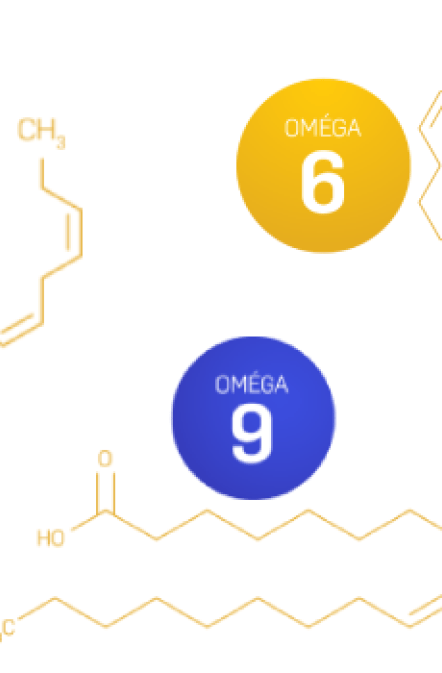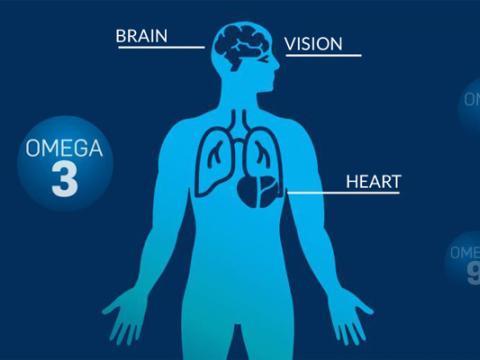What is fatigue?
Fatigue can be defined as a feeling of exhaustion and a reduction in the body’s strength and resilience that is experienced to varying degrees, both in terms of intensity and duration. It usually occurs after significant physical or mental effort and resolves after a period of rest1. It can also be caused by boredom or a lack of motivation. The French society of general medicine (SSMG)2 defines fatigue as follows :
Fatigue is a condition caused by an imbalance between what has to be accomplished and what can be.3
Fatigue: a non-specific condition
Fatigue is nonetheless a subjective concept whose features vary as a function of its intensity or cause:
Fatigue as a function of intensity:
-
It may be expressed as an occasional loss of energy, corrected by rest. This type of fatigue is normal after exercise or a busy day.
-
The term “asthenia” is used for generalised fatigue which persists abnormally, characterised by prolonged periods of weariness and that does not resolve after rest. This is often a physical manifestation of a pathological state and should prompt a detailed medical assessment.
Fatigue as a function of its cause:
- Fatigue may be caused by pathologies (cancer, infection or hormonal, neurological, digestive or mental disorders, etc.).
- It may be physical, i.e. the consequence of physical exercise. In this scenario the individual may say: “I want to, but I can’t”!
- Alternatively, it may be mental, the consequence of stresses in the individual’s life (day-to-day concerns, domestic problems, relational/professional obligations, etc.). In this scenario the individual may say: “I can, but I don’t want to!”
An optimal intake of magnesium, iron and particular of coenzyme Q10 is an important factor in avoiding this type of fatigue and its consequences.
Magnesium:
Magnesium is involved in more than 300 reactions in the human body and notably participates in :
- The transformation of sugars and fats into energy that can be used by cells, notably by muscle cells.
- The transmission of nerve impulses.
- The synthesis of catecholamines.
Low levels of magnesium notably cause a reduction in the energy available to the muscles and thus greater susceptibility to fatigue after exercise with a higher risk of loss of strength, cramps or spasms.
Iron:
This mineral is required for the transport and storage of oxygen, for the production of energy and for the synthesis of neurotransmitters such as catecholamines. The effects of anaemia are well known; however, low levels of iron may also result in impaired physical ability to take exercise and a reduction in mental performance4.
Coenzyme Q10:
Coenzyme Q10 is involved in the mitochondria, the “cell's lung”, in relation to the production of energy. It is also a powerful antioxidant. Any dysfunction or saturation of cell respiration will impair the generation of energy and over the long term will result in muscle fatigue. Low energy levels might be a sign of a deficit in Coenzyme Q10.
Our micronutritional advice
The main dietary sources of the micronutrients that are essential for avoiding fatigue are :
| Magnesium | shrimps, wholegrain rice and bread, fresh fruit and vegetables, dried fruit and vegetables, milk and plain chocolate... |
| Iron | black sausage, liver, cockles, red meat, eggs, lentils, split peas, chick peas, etc. |
| Coenzyme Q10 | meat and fish |
Fatigue, when to seek advice
If the fatigue has been caused by an unusual situation then it is, in principle, to be expected and may resolve after eating and sleeping well.
If, however, it is experienced in an unusual context and there is no improvement after 3 weeks, during which you have prioritised resting and a well-balanced diet, then you are strongly advised to seek advice.
Your healthcare professional can then carry out investigations to identify the cause(s) of this fatigue, offer a suitable treatment for any associated symptoms and correct, if necessary, your micronutritional status.






